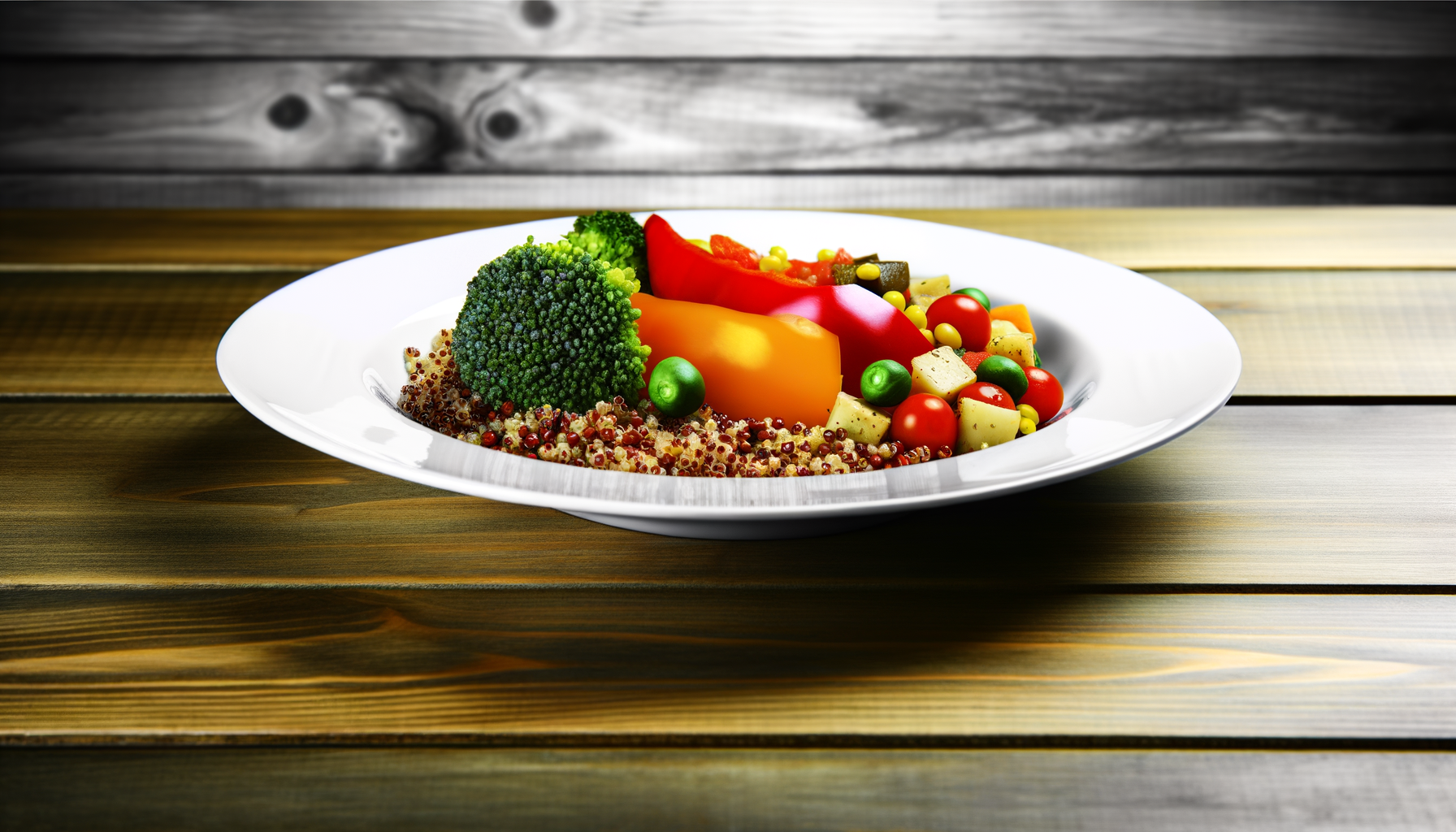Understanding the Nutritional Landscape of Celiac Disease
For individuals diagnosed with celiac disease, managing their diet is crucial for maintaining digestive health and overall well-being. Celiac disease is an autoimmune disorder that causes the small intestine to react to gluten, leading to malabsorption of essential nutrients and a range of symptoms including diarrhea, abdominal pain, and fatigue.
### The Importance of a Gluten-Free Diet
The cornerstone of managing celiac disease is adhering to a strict gluten-free diet. This diet involves avoiding all foods that contain gluten, which is found in wheat, barley, and rye. By eliminating gluten, individuals with celiac disease can prevent the autoimmune response that damages the small intestine, allowing the gut to heal and nutrient absorption to improve.
### Calorie and Nutrient Considerations
While the primary focus is on avoiding gluten, it is equally important to ensure that the diet is balanced and meets the individual’s calorie and nutrient needs.
#### Nutrient-Dense Foods
A healthy gluten-free diet should include a variety of nutrient-dense foods such as fruits, vegetables, legumes, low-fat dairy products (if tolerated), gluten-free whole grains, lean proteins, nuts, and seeds. These foods are rich in vitamins, minerals, and phytonutrients that support overall health. For example, fruits and vegetables should be consumed in abundance, with adults aiming for about 4 ½ cups or nine servings per day.
#### Avoiding Processed Foods
It is crucial to limit the intake of processed gluten-free foods, which can be high in calories, fat, sodium, and sugar but low in fiber, vitamins, and minerals. These foods, such as muffins, cookies, and cakes, may seem convenient but can lead to nutritional deficiencies and weight gain. Instead, focus on whole, naturally gluten-free foods to ensure adequate nutrition.
#### Protein Needs
Protein is an essential component of any diet, and individuals with celiac disease should ensure they are meeting their protein needs. This is particularly important for certain populations such as endurance athletes, growing children and teenagers, pregnant women, and those with malabsorption concerns. Including protein with each meal and snack can help meet nutritional needs and make snacks more satisfying. Sources of protein include animal proteins like fish, chicken, beef, and eggs, as well as plant-based options like beans, nuts, and seeds.
#### Whole Grains and Fiber
Gluten-free whole grains are vital for providing fiber, iron, and B vitamins, which are often deficient in individuals with celiac disease. Choose products made from labeled gluten-free whole grains and flours, such as teff, millet, and quinoa. Ensuring that at least half of the gluten-free grains consumed are whole grains can help close nutritional gaps.
### Managing Weight on a Gluten-Free Diet
Starting a gluten-free diet can sometimes lead to initial weight gain as the small intestine begins to heal and nutrient absorption improves. However, it is important to maintain a healthy weight to avoid other health risks. Many processed gluten-free foods are high in sugar, fat, and calories, so it is essential to follow general guidelines for a healthy diet to promote weight management. Consulting with a registered dietitian can be beneficial in managing weight and ensuring a balanced diet.
### Addressing Nutrient Deficiencies
Individuals with celiac disease are at risk for several nutrient deficiencies, including deficiencies in iron, calcium, vitamin D, B vitamins, zinc, magnesium, and fiber. These deficiencies can lead to health complications such as anemia, osteoporosis, and other chronic conditions. Incorporating fortified foods like soy milk for calcium and vitamin D, and legumes for magnesium and iron, can help address these deficiencies. Regular monitoring and adjustments to the diet under the guidance of a healthcare provider or dietitian are crucial.
### Real-World Examples and Case Studies
In practice, managing celiac disease through diet involves careful planning and attention to detail. Here is an example of a balanced gluten-free meal plan:
– **Breakfast:** Hard-boiled eggs with fresh fruit and almonds.
– **Lunch:** Lettuce wrap with gluten-free deli meat, potato chips, and guacamole.
– **Dinner:** Shrimp and vegetable stir-fry with tamari (gluten-free soy sauce) over rice.
Case studies have shown that adhering to a gluten-free diet can significantly improve symptoms and quality of life for individuals with celiac disease. For instance, one study found that up to 95% of children with celiac disease who followed a gluten-free diet for two years no longer showed signs of intestinal damage.
### Conclusion and Next Steps
Managing celiac disease requires a comprehensive approach to nutrition, focusing on a balanced and nutrient-dense gluten-free diet. By understanding the calorie and nutrient considerations, avoiding processed foods, and addressing potential deficiencies, individuals can maintain their digestive health and overall well-being.
For those looking to implement a gluten-free diet effectively, here are some key steps:
– Consult with a registered dietitian to tailor your diet to your specific needs.
– Use resources like the Calorie Calculator Cloud to help plan and track your calorie intake.
– Choose whole, naturally gluten-free foods over processed alternatives.
– Ensure adequate intake of essential nutrients through a balanced diet.
By taking these steps, individuals with celiac disease can navigate the complexities of gluten-free diets and achieve optimal health.
If you are considering a gluten-free diet or need further guidance, explore the Calorie Calculator Plans to find tools and resources that can help you manage your nutritional needs effectively. Additionally, visiting reputable health websites such as Healthline and BIDMC Celiac Center can provide valuable insights and practical tips for maintaining a healthy gluten-free lifestyle.








